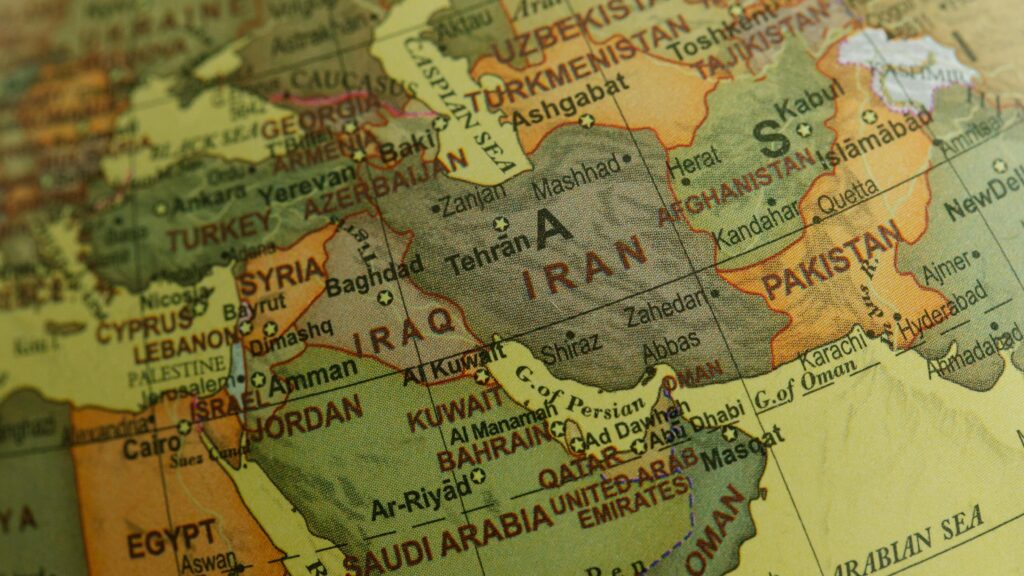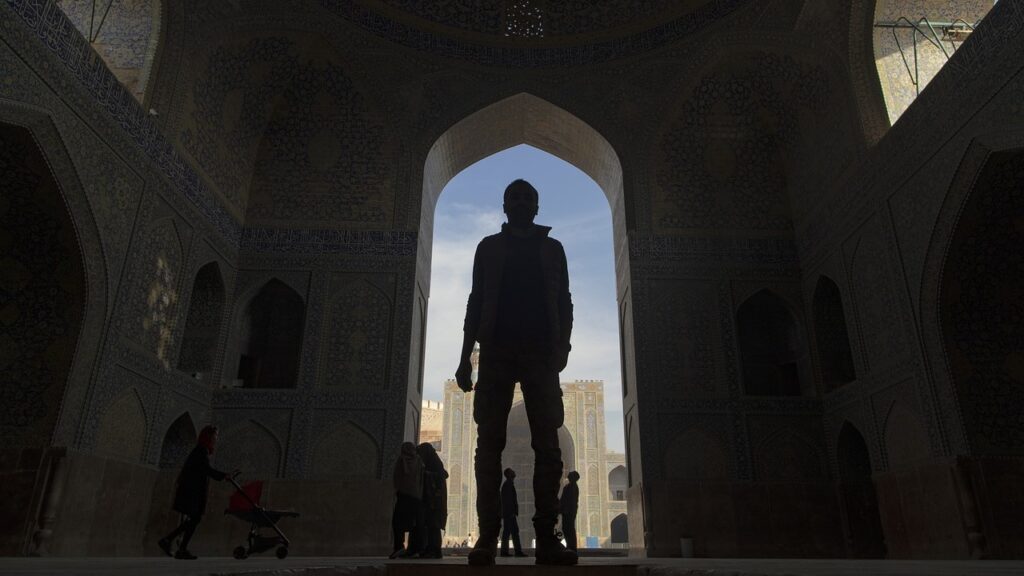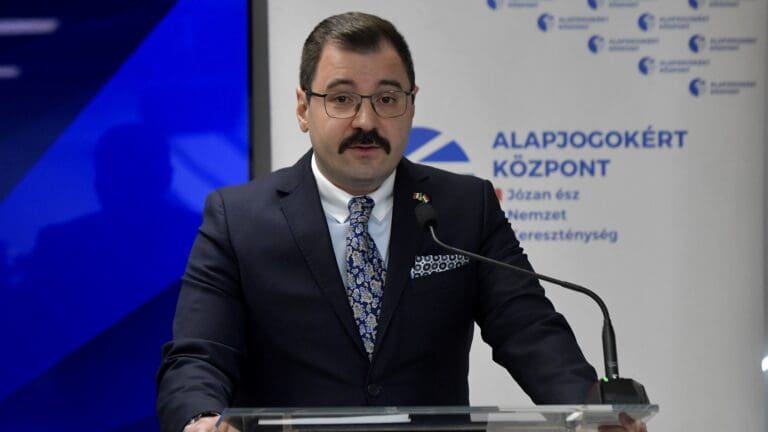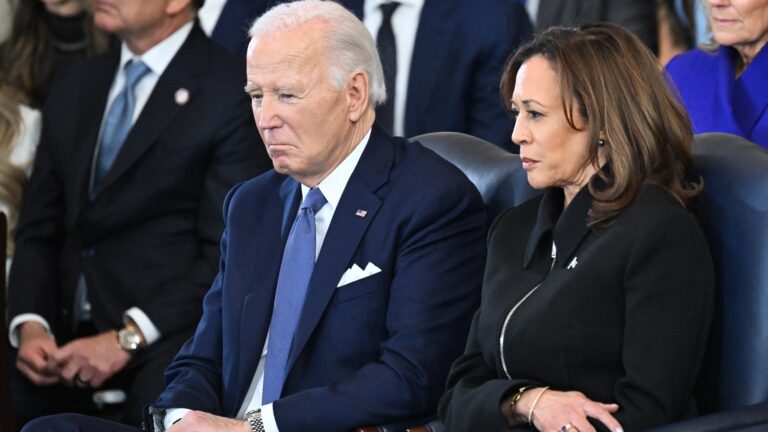After the collapse of the Assad regime in December 2023, Hungary reopened its embassy in Syria ‘in light of stabilizing security’ in the country, as Péter Szijjártó put it.
Hungary’s relationship with Syria has experienced significant changes over the decades, reflecting shifts in global politics and regional dynamics. In the Cold War era, under Hungary’s alignment with the Soviet bloc, Moscow defined relations with Middle Eastern countries. Later, the post-transition period in Hungary, the outbreak of the Syrian Civil War in 2011, and the collapse of the Assad regime in 2024 marked significant turning points in Hungary–Syria relations.
The Soviet Era
Like other countries of the Soviet bloc, Hungary’s foreign policy during the Cold War era aligned closely with Moscow’s strategies, including fostering relationships with Middle Eastern Arab countries like Syria. Hungary supported Syria through trade, education, and military cooperation, such as during the 1973 Yom Kippur War. Economic ties between the two countries also flourished at that time, with Hungary exporting industrial goods and machinery to Syria in exchange for raw materials. In the late 1980s the collapse of the Soviet Union and Hungary’s pivot to Western alliances began to redefine these relationships.
Hungarian Strategy in the Middle East and Syria After the System Change
Hungary’s transition from a state socialist system to a democracy marked a significant turning point in its relations with Syria. Hungary’s membership in NATO and the European Union and the country’s alignment with Western policies brought new priorities to the freshly democratized state, including participation in international invasions like the Iraq War between 2003 and 2005. While Hungary’s involvement in the Middle East continued, its focus shifted, reflecting domestic opposition to military engagements and a commitment to humanitarian support.
The outbreak of the Syrian Civil War in 2011 and the humanitarian crisis reshaped Hungary–Syria relations. In response to the human rights situation, the European Union ended all bilateral cooperation with the Syrian government and its supporters in 2011. Hungary, as a member state of the EU, closed its embassy in Syria and did not recognize the legitimacy of the Assad regime, meaning that the Syrian diplomats who represented it in Hungary were also considered illegitimate.
Hungary redirected its efforts toward supporting Syrian refugees and victims through programmes like the Hungary Helps Program. The Program founded by the Hungarian government seeks to encourage the international community to contribute to the region’s stability and to ensure the return of Syrian refugees and migrants to their homeland. As the Syrian Civil War in 2011 was one of the major causes of the 2015 migrant wave affecting Europe, the Orbán government's official strategy was to focus on eliminating the root causes and providing help so people could stay in their home countries instead of encouraging people to go to Europe. Besides helping persecuted Christians in Syria, Hungary also supports countries such as Türkiye, Lebanon, Iraq, and Jordan, all threatened by the refugee crises.
In 2019 a minor change occurred in Hungarian–Syrian relations with the appointment of a Hungarian diplomat who would visit Syria several times a year, monitor humanitarian aid, and fulfil other consular duties.
Prospects of Post-Assad Bilateral Relations
The end of the regime of Bashar al-Assad in 2024 offers hope for political transition and stability. Following the days of the fall of the regime, Prime Minister Viktor Orbán reaffirmed Hungary’s dedication to supporting persecuted communities and fostering regional stability. At the beginning of 2025, Hungary announced the reopening of its embassy in Damascus ‘in light of stabilizing security in Syria’, as Péter Szijjártó put it. The Hungarian embassy in Syria ‘ensures a local presence for acquiring firsthand information, representing Hungary's political stance, and safeguarding Hungarian citizens if necessary,’ the foreign minister explained the decision of the government.
Péter Szijjártó also touched upon the Orbán government’s broader strategy regarding Syria, noting that ‘Hungary remains committed to Middle East peace and prioritizes supporting Christian communities in the region and continuing humanitarian aid efforts’.
In this new chapter of Syria’s history Hungary will likely continue to emphasize humanitarian aid, regional stability, and the prevention of migration crises. The Hungary Helps Program, coupled with EU-led initiatives, makes Hungary a proactive participant in addressing the Syrian crisis and fostering the stability of the Middle East.
Related articles:








